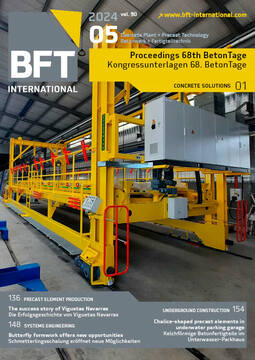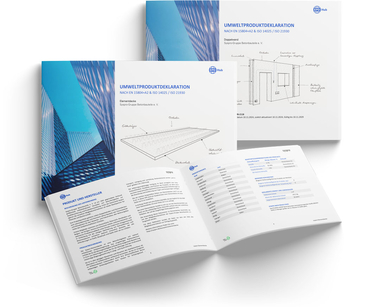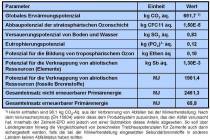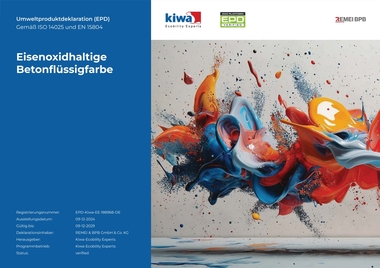Introduction to R<THiNK and the Sustainability Product Passport from Kiwa-Ecobility Experts
In the construction industry, sustainability efforts are increasingly prominent, necessitating companies to understand and communicate the environmental impacts of their products effectively. Environmental Product Declarations (EPDs), compliant with ISO 14025 and EN 15804, serve as valuable tools for this purpose. EPDs quantify and characterize environmental impacts through comprehensive life cycle assessments, including factors such as global warming potential, eutrophication potential, and resource consumption.
Kiwa GmbH, in partnership with NIBE, launched the R<THiNK software application to the German market, enabling companies to create EPDs for their products independently, cost-effectively and in accordance with international standards. R<THiNK offers several benefits to its users with an annual license:
Real-time results for product optimization and comparison
Automated background report generation compliant with ISO 14025 and EN 15804
Easy data import/export via Excel
Verification feature for streamlined external review
National calculation methods for specific countries.
In the second part of the presentation, the Sustainability Product Passport (SPP) is introduced as a hub document facilitating communication on sustainable construction. SPP aligns with recognized sustainability rating systems and allows manufacturers to differentiate their products in a competitive market by presenting verified sustainability credentials, while providing architects, planners, and builders with a reliable resource for selecting sustainable building materials, streamlining the design and construction process. Key features of the SPP include:
Evaluation of products based on their performance in various building sustainability rating systems such as LEED, DGNB, and QNG
Providing a report with Kiwa as the certifying body, detailing the product’s sustainability rating based on points earned in these systems
Establishing links between EPDs and green building certification programs.







